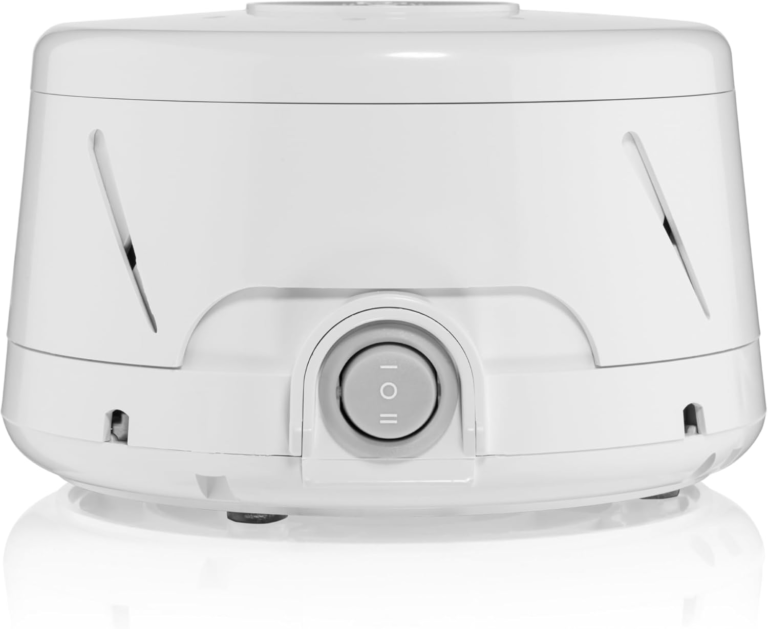The 4 Best Essential Oils Everyone Should Have in 2025
In an era where natural wellness is more popular than ever, essential oils continue to shine as versatile tools for health, relaxation, and everyday care. Derived from plants through distillation, these potent extracts offer a range of benefits backed by both tradition and modern research. As of 2025, with growing emphasis on sustainable and holistic living, certain oils stand out for their accessibility, efficacy, and broad applications. Based on expert recommendations and popularity trends, here are the 4 best essential oils you should consider stocking in your collection: Lavender, Peppermint, Tea Tree, and Eucalyptus. Each one is a powerhouse in its own right, perfect for beginners and seasoned users alike.
1. Lavender Essential Oil: The Ultimate Calming Companion
Lavender (Lavandula angustifolia) tops nearly every list of must-have essential oils due to its gentle, floral aroma and wide-ranging benefits. It’s often called the “Swiss Army knife” of aromatherapy because it promotes relaxation, supports better sleep, and soothes skin irritations.
Key Benefits:
- Stress and Anxiety Relief: Inhaling lavender can lower cortisol levels, helping you unwind after a long day.
- Sleep Support: A few drops on your pillow can improve sleep quality without drowsiness the next day.
- Skin Healing: Its anti-inflammatory properties make it ideal for minor burns, acne, or eczema.
How to Use It:
- Aromatherapy: Add 3-5 drops to a diffuser for a calming bedroom mist.
- Topical: Dilute with a carrier oil (like jojoba) and apply to pulse points or affected skin areas.
- Pro Tip: For a quick mood boost, mix with Epsom salts for a relaxing bath soak.
Lavender’s popularity endures because it’s safe for most people, including children (when properly diluted), and pairs well with other oils.
2. Peppermint Essential Oil: Your Go-To for Energy and Digestion
Peppermint (Mentha piperita) delivers a cool, invigorating scent that’s like a natural pick-me-up. Renowned for its digestive and respiratory support, it’s a staple in many wellness routines, especially during busy seasons.
Key Benefits:
- Digestive Aid: Eases bloating, nausea, and indigestion by relaxing stomach muscles.
- Headache Relief: Its menthol content provides a cooling sensation that can alleviate tension headaches.
- Focus Booster: Enhances mental clarity and alertness without caffeine jitters.
How to Use It:
- Inhalation: Rub a diluted drop on your temples for instant headache relief.
- Topical Massage: Blend with a carrier oil for a soothing abdominal rub during tummy troubles.
- Pro Tip: Add to homemade lip balm for a tingly, refreshing treat—just avoid sensitive areas like the eyes.
Peppermint is particularly favored in 2025 for its role in hybrid work-from-home setups, where quick energy boosts are essential.
3. Tea Tree Essential Oil: The Natural Antimicrobial Powerhouse
Tea Tree (Melaleuca alternifolia) earns its spot with its strong, medicinal aroma and antibacterial prowess. Originating from Australia, it’s a go-to for skin care and immune support, making it indispensable for household first-aid kits.
Key Benefits:
- Acne Fighter: Its antifungal and antiseptic qualities target bacteria that cause breakouts.
- Wound Care: Speeds healing of minor cuts and prevents infections.
- Immune Boost: When diffused, it may help purify the air and support respiratory health.
How to Use It:
- Spot Treatment: Dilute and dab directly on blemishes for overnight results.
- Cleaning Spray: Mix with water and vinegar for a natural disinfectant on surfaces.
- Pro Tip: For foot soaks, combine with Epsom salts to combat athlete’s foot—its earthy scent is surprisingly refreshing.
As awareness of antibiotic resistance grows, Tea Tree’s natural defenses make it a smart, eco-friendly choice.
4. Eucalyptus Essential Oil: Breathe Easy with Respiratory Relief
Eucalyptus (Eucalyptus globulus) brings a fresh, camphor-like scent that’s synonymous with clearing congestion. It’s a favorite for cold and flu season, but its benefits extend to muscle recovery and mental sharpness.
Key Benefits:
- Respiratory Support: Acts as a natural decongestant, easing coughs and sinus pressure.
- Muscle Soother: Reduces inflammation and soreness after workouts.
- Mood Enhancer: Invigorates the senses, promoting focus during study or work sessions.
How to Use It:
- Steam Inhalation: Add a drop to hot water and inhale the steam for sinus relief.
- Massage Oil: Dilute and rub on chest or sore muscles for deep penetration.
- Pro Tip: Blend with lavender for a balanced “sick day” diffuser recipe that calms while clearing airways.
In 2025’s post-pandemic world, Eucalyptus remains a top seller for its role in proactive immune care.
Why These Four? A Balanced Starter Kit
These oils—Lavender for calm, Peppermint for vitality, Tea Tree for protection, and Eucalyptus for clarity—cover the essentials of wellness without overwhelming your budget or storage space. They’re versatile, affordable (often under $15 per bottle from reputable brands), and backed by centuries of use plus emerging studies. Always opt for 100% pure, therapeutic-grade oils from trusted sources, and remember: Dilution is key to safe use. Consult a doctor if you’re pregnant, nursing, or have sensitivities.
Ready to elevate your routine? Start with a basic diffuser and experiment—these oils might just become your daily ritual. What’s your favorite way to use them? Share in the comments below!
